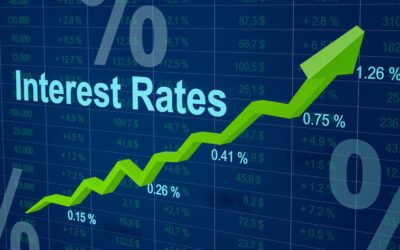Anyone can get into trouble with debt. However much you earn, whatever the value of your assets, it’s always possible to borrow beyond your means, or to suffer a change in circumstances that hits your ability to make repayments.
That being said, it is widely known that people on lower incomes are much more likely to suffer problems with debt. And the issue is getting much, much worse in the wake of the COVID-19 pandemic and the current cost of living crisis.
We often think of debt as being linked to loans and credit cards. But according to a study by the Joseph Rowntree Foundation, 33% of households in the UK with an annual income of £24,752 or less are now in arrears with general bills, including rent, utilities, council tax etc. That figure has tripled since before the pandemic. And a shocking 71% of households where all occupants are aged 18 to 24 are now falling behind in paying essential bills.
Of course, credit has its role to play, especially as people struggling to pay their bills often turn to loans. Low earners are three and a half times more likely to have unsecured debts equivalent to six months or more of their income than high earners, the benchmark used for ‘unmanageable’ debt. When you feel you have no choice but to borrow to get out of debt, it quickly becomes a downward spiral.
That’s when people understandably feel trapped by debt. It can be a suffocating and frightening place to be. There are options, however.
Debt Relief Orders
One is to apply for a Debt Relief Order (DRO). DRO’s are a legal measure available in England, Wales and Northern Ireland designed to help people escape the debt trap. An alternative to bankruptcy, DROs are specifically aimed at people with a low income and minimal assets.
To qualify for a DRO in England and Wales, you must owe less than £30,000 and have assets worth less than £2,000 (you can also own a car worth up to £2,000 on top of that). You cannot apply for a DRO if you are a homeowner. In Northern Ireland, DROs are only available if your debts total less than £20,000 and you have assets worth £300 or less, plus a car worth up to £1,000.
You also must be able to demonstrate that you have no more than £75 left over from your income at the end of every month after spending on essentials. You cannot apply for a DRO if you are already involved in any other insolvency proceedings (e.g bankruptcy).
There is a £90 charge to apply for a DRO, which can be paid in instalments. If your application is successful, all creditor action chasing the debts will be stopped. You get a 12 month window to see if your financial situation improves. If it does and you then fall outside the DRO criteria, you will start paying back your debts again. If your situation hasn’t improved, your debts will be wiped clean.
On the flipside, a DRO will harm your credit rating for a period of six years, making it difficult and more expensive to obtain loans, credit cards etc. You can only apply for one DRO every six years.
If you are struggling with debt and find you are falling behind with essential bills, the best advice is to act now rather than let your situation get any worse. Get in touch with JT Maxwell’s personal debt advisors today for a free, confidential discussion about the best options available to you.




